About
The Cognitive Science Society brings together researchers from around the world who hold a common goal: understanding the nature of the human mind. The mission of the Society is to promote Cognitive Science as a discipline, and to foster scientific interchange among researchers in various areas of study, including Artificial Intelligence, Linguistics, Anthropology, Psychology, Neuroscience, Philosophy, and Education. The Society is a non-profit professional organization and its activities include sponsoring an annual conference and publishing the journals Cognitive Science and TopiCS.
Call for an Outreach Coordinator
- Creating and implementing open competitions that foster interest in Cognitive Science (e.g., the Cog Sci Mind Challenge)
- Forming connections & collaborations with K-12 education programs
- Evaluating effectiveness of current efforts and recommending a sustainable, long-term plan for outreach activities
Suitable candidates can be at any career level and any area of cognitive science, but would be able to demonstrate:
Required
- Excellent project management skills and attention to detail
- Good knowledge of social media channels (technical expertise not necessary)
- Good communication skills, including ability to communicate to experts and non-experts about cognitive science
- Ability to work in a team
- Wide ranging knowledge of Cognitive Science
Preferred
- At least an MA/MS (or equivalent experience) in any area of cognitive science
- Experience in the field of K-12 education (e.g., outreach, teaching, policy etc.)
The Cognitive Science Society is committed to a culture of diversity and inclusion. In recruiting for the society, we welcome the unique contributions that you can bring in terms of gender, ethnicity, race, nation of origin, languages spoken, disability, sexual orientation and beliefs.
This position has an annual stipend of $12,000 with an expected term of at least one year (renewable). Workload will change throughout the year with activities but is expected to be 5 hours per week on average.
APPLICATION PROCESS
Applicants should send a CV and letter of interest to info@cognitivesciencesociety.org. Applicants should make clear in their letter of interest how their skills and experiences match the responsibilities outlined above, and provide evidence of their organizational and communication skills, especially in working with diverse disciplines and stakeholders. Contact details for references will be requested from shortlisted candidates.
DEADLINE FOR APPLICATIONS
January 15th, 2024
Governance

Chair
(2014 - August, 2023)
Kevin Gluck
Air Force Research Laboratory
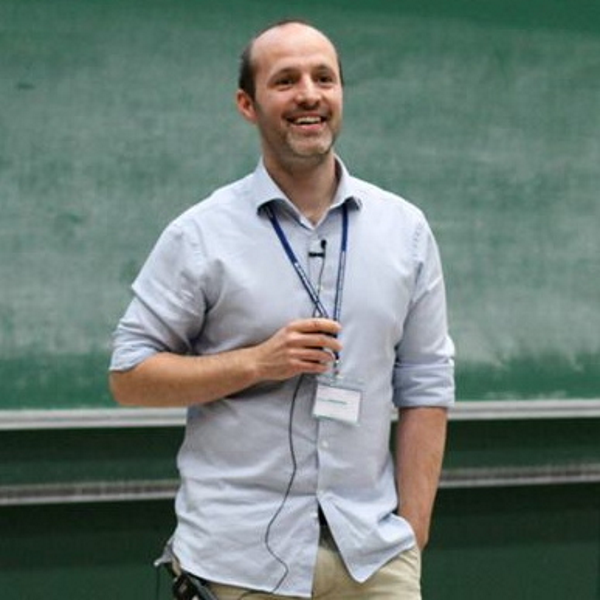
Future Chair
(2018 -August, 2024)
Kenny Smith
University of Edinburgh
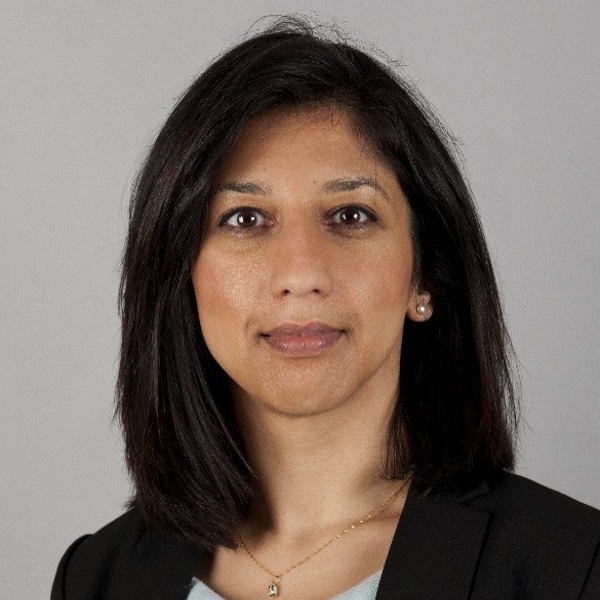
Past Chair
(2016 - August, 2022 )
Asifa Majid
University of York
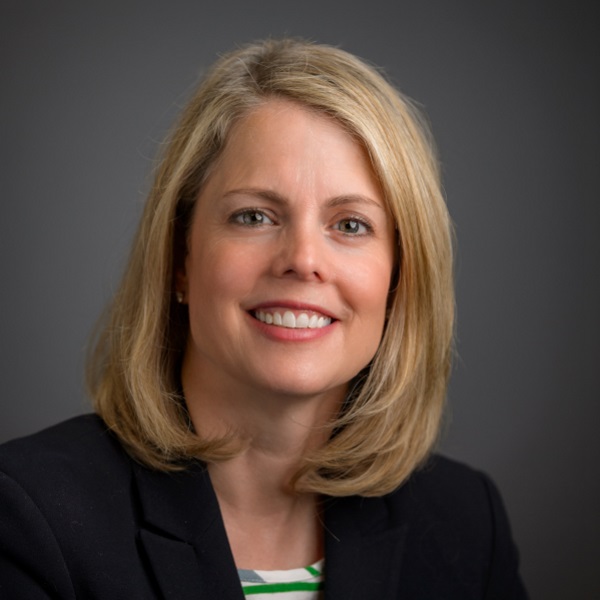
Executive Officer
(2016 - August, 2022)
Anna B. Drummey
Villanova University
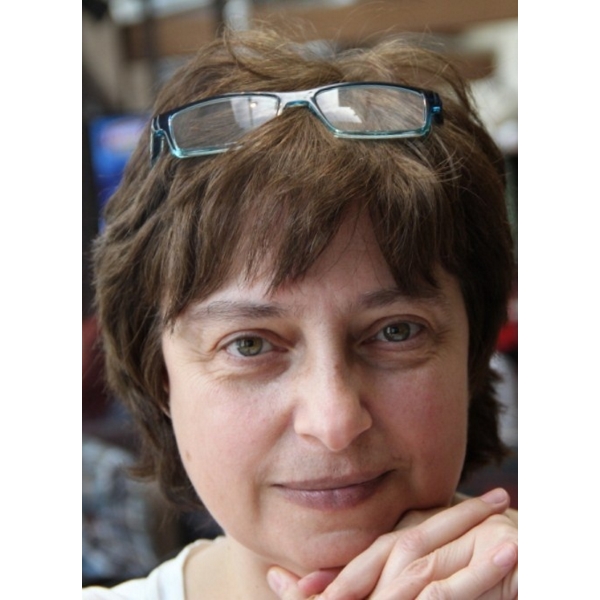
Board Member
(2016 - August, 2022)
Elena Andonova
New Bulgarian University
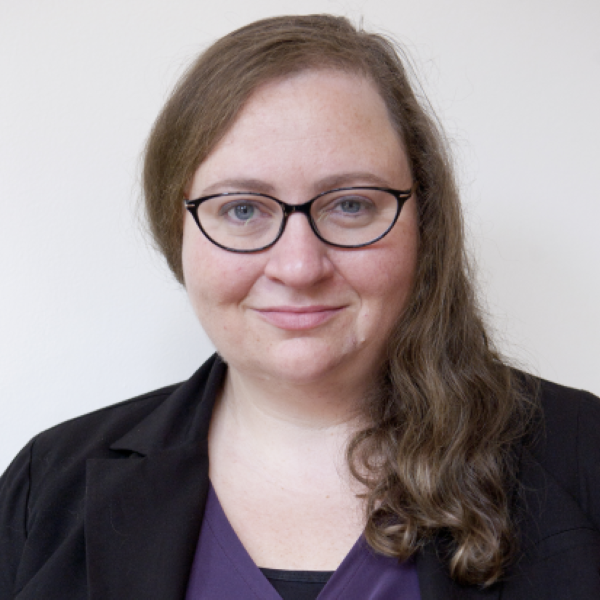
Board Member
(2020 – 2026)
Arielle Borovsky
Purdue University
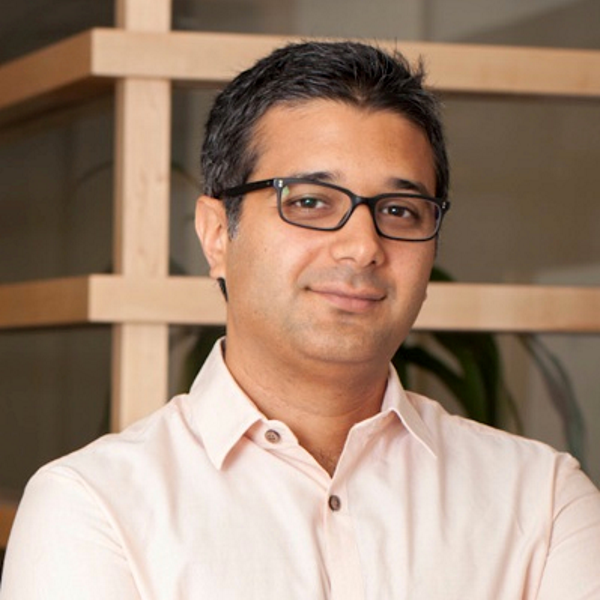
Board Member
(2016 - August, 2022)
Morteza Dehghani
University of Southern California
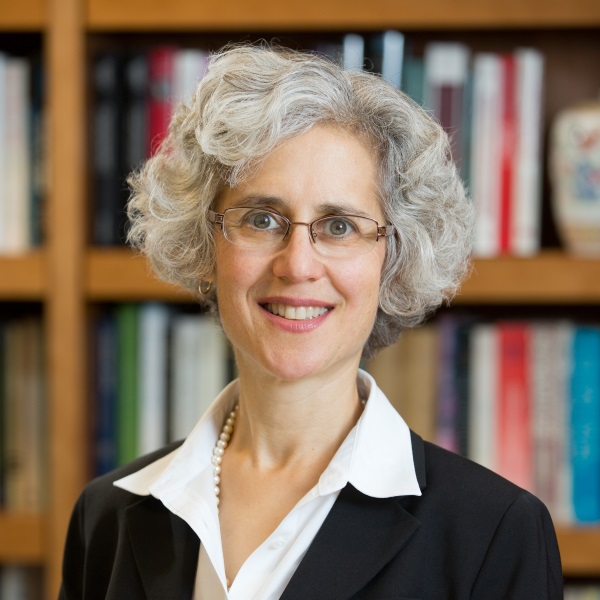
Board Member
(2014-August, 2020)
Susan Gelman
University of Michigan
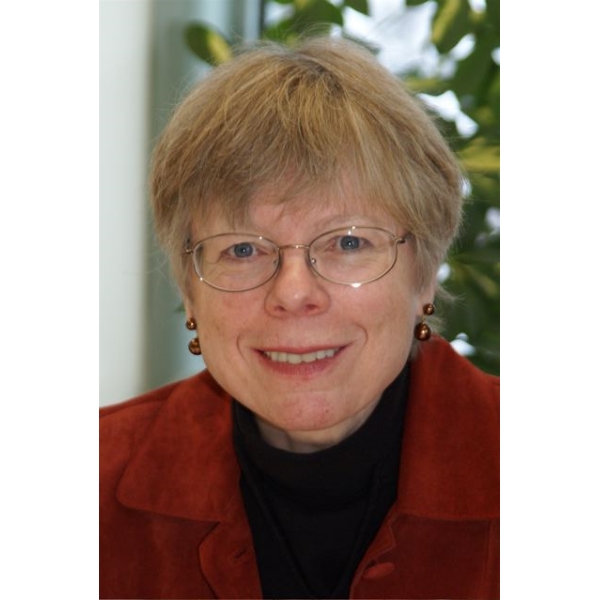
Board Member
(2015-August, 2021)
Dedre Gentner
Northwestern University
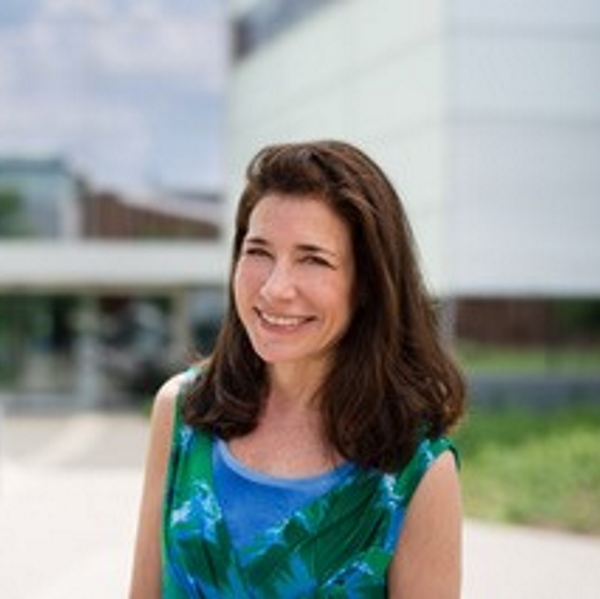
Board Member
(2017 - August, 2023)
Adele Goldberg
Princeton University

Board Member
(2019 - August, 2025)
Cleotilde Gonzalez
Carnegie Mellon University
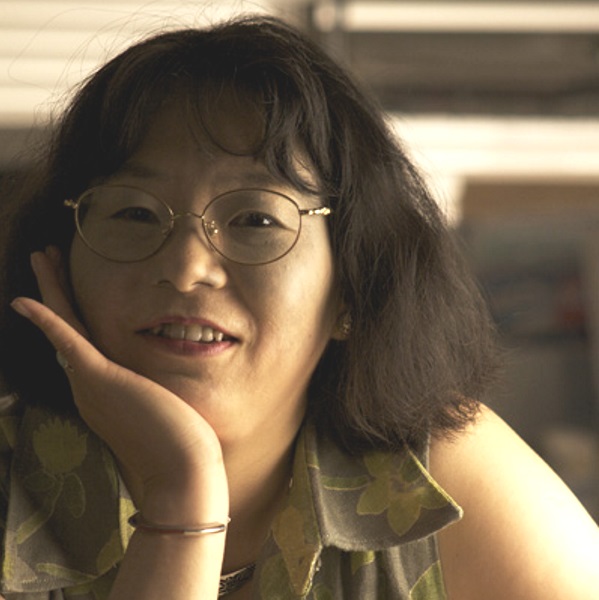
Board Member
(2018 - August, 2024)
Mutsumi Imai
Keio University
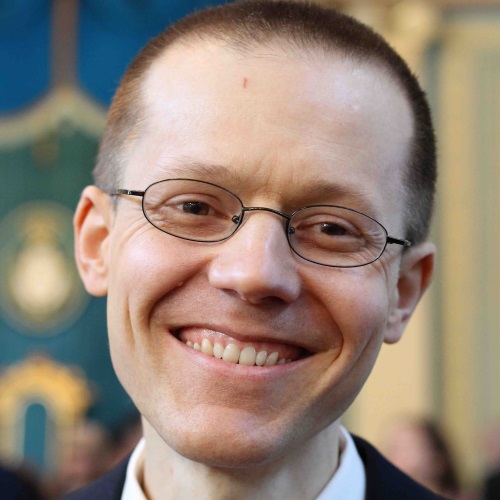
Board Member
(2019 - August, 2025)
Charles Kemp
University of Melbourne
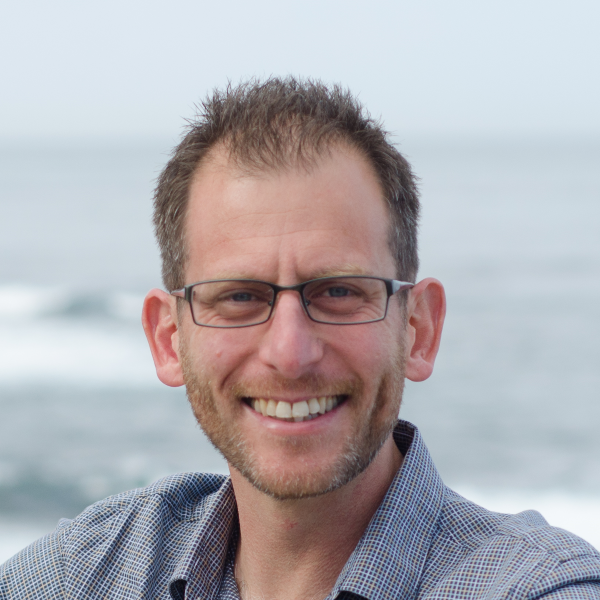
Board Member
(2017 - August, 2023)
Roger Levy
Massachusetts Institute of Technology
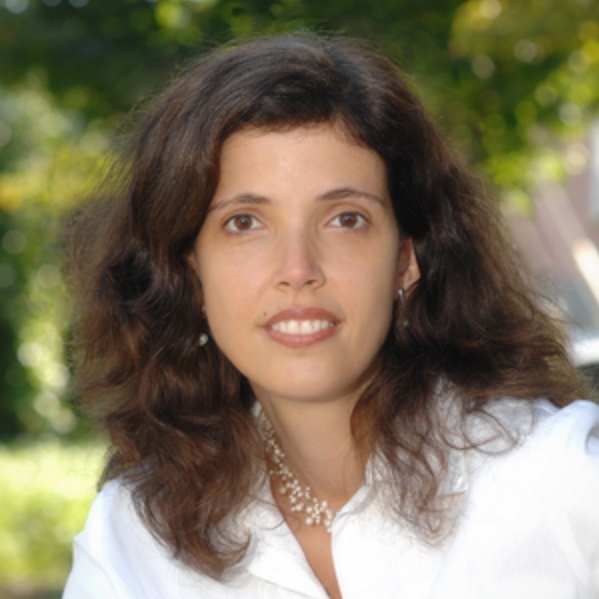
Board Member
(2017 - August, 2023)
Anna Papafragou
University of Pennsylvania
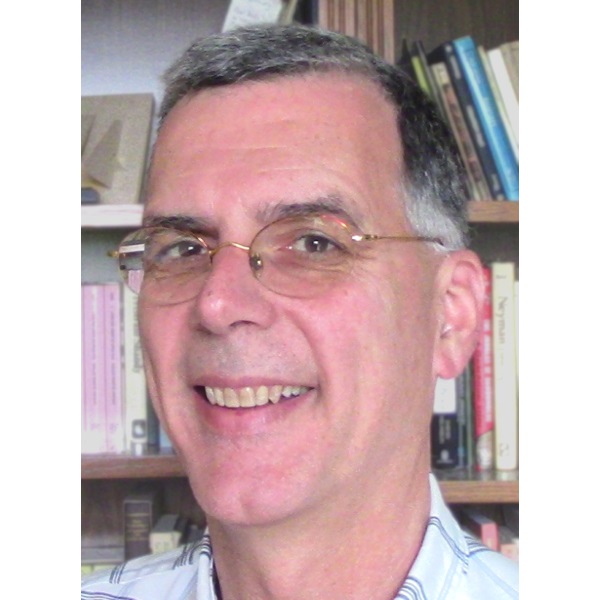
Board Member
(2015 -August, 2021)
Terry Regier
University of California, Berkeley

Executive Editor
Cognitive Science Journal
Rick Dale
UCLA
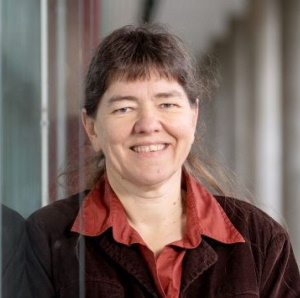
Executive Editor
TopiCS in Cognitive Science Journal
Andrea Bender
University of Bergen
Ex Officio Officers
Executive Officer: Anna B. Drummey, Villanova University
Cognitive Science Journal Editor: Richard P. Cooper – Birkbeck, University of London
TopiCS in Cognitive Science Journal Editor: Wayne D. Gray – Rensselaer Polytechnic Institute
Rumelhart Prize Committee Chair: Richard P. Cooper – Birkbeck, University of London
Glushko Prize Committee Chair: Nick Chater – University of Warwick
Committees
Code of Conduct
Coty Gonzalez (chair)
Mutsumi Imai
Charles Kemp
Communications
Ercenur Ünal (chair)
Arielle Borovsky
Tilbe Göksun
Marcelo Viridiano
Conference
Stephanie Denison (chair)
Jenny Culbertson
Dan Grodner
Janet Hsiao
Anna Papafragou
Diversity & Inclusion
Tilbe Göksun (chair)
Analia Arevalo
Arielle Borovsky
Monique Crouse
Rick Dale
Anna Drummey
Tiwa Eisape
Asifa Majid
Teenie Matlock
Jennifer Misyak
Nora Newcombe
Erica Wojcik
Elman Prize
Ken McRae (Committee Chair)
Stephanie Denison
Marta Kutas
Mutsumi Imai
Wei Ji Ma
Eliana Colunga
Executive
Anna Papafragou: President
Roger Levy: President-Elect
Adele Goldberg: Past President
Erica Hsiung Wojcik: Executive Officer
Brett Martensen: Treasurer
Fellows
Adele Goldberg (chair)
Roger Levy
Natalie Sebanz
Anna Papafragou
Ercenur Ünal
Gerry Altmann
Peter Gärdenfors
Susan Gelman
Roberta Golinkoff
Sandra Waxman
Finance
Brett Martensen (chair)
Robert J Glushko
Christoph Hölscher
Erica Wojcik
Ken McRae
Glushko Dissertation Prize
Jessica Cantlon (Chair)
Morgan Barense
Jeffrey Lidz
Natasha Kirkam
Gleitman Prize
Barbara Landau (Chair)
Ulrike Hahn
Elissa Newport
Kia Nobre
Anna Papafragou
Governing Board Nominations
Mutsumi Imai (chair)
Coty Gonzalez
Ken McRae
Ercenur Ünal
Hugh Rabagliati
Hybridisation (ad hoc)
Kenny Smith (chair)
Stephanie Denison
Charles Kemp
Andrew Perfors
Lilia Rissman
International
Charles Kemp (chair)
Mutsumi Imai
Vera Kempe
Abhilasha Kumar
Eva Wittenberg
Mercury Zheng
Membership
Arielle Borovsky (chair)
Natalie Sebanz
Janet Hsiao
Tiwe Eisape
Zaiyao Zhang
Working Group for Sustainability
Roger Levy
Kenny Smith
Publications
Roger Levy (chair)
Coty Gonzalez
Kenny Smith
Tom Griffiths
Rumelhart Prize
Richard Cooper (Chair)
Robert J. Glushko
Tania Lombrozo
Steven T. Piantadosi
Jesse Snedeker
Sponsorship
Roger Levy (Chair)
Tom Griffiths
Our History
Society Creation
The Society was incorporated as a 501(c)(3) non-profit professional organization in Massachusetts in 1979. The organizing committee included Roger Schank, Allan Collins, Donald Norman, and a number of other scholars from psychology, linguistics, computer science, and philosophy.
Conference creation
The first conference on cognitive science was held at LaJolla, California in August, 1979, and has occurred annually since then. The proceedings of each conference are published, and those from most years are available through Lawrence Erlbaum Associates, Inc. The annual proceedings of the Cognitive Science Conference represent a major source of information on new work and new ideas in the scientific study of thinking. In 1990, the Society, with help from an anonymous donor, established the David Marr Prize for the best student paper at each annual meeting.
Journal creation
The Journal, Cognitive Science, began publication in 1976, and is now published by Wiley-Blackwell. The Executive Editor is currently Richard P. Cooper of Birkbeck, University of London, and there are 18 Associate Editors and a 30-member editorial board. It serves as the premier outlet for research reports that intersect two or more disciplines. Copyrights for articles published in the journal are held by the Society. The Governing Board of the Cognitive Science Society voted in late 2006 to found a new journal, Topics in Cognitive Science (topiCS). The Editor in Chief is Wayne Gray, Cognitive Science Department, Rensselaer Polytechnic Institute. The journal seeks to fill a niche not occupied by Cognitive Science Journal or other cognitive science journals. Membership in the Society includes a subscription to Cognitive Science and TopiCS. Copyrights for articles published in the journal are held by the Society.
Historical information may be found via a search in the Massachusetts registry.
Society bylaws
Article I: Name and object
- The name of the society is The Cognitive Science Society, Inc.
- The object of the society is to promote the communication of scientific research in cognitive science and allied sciences.
Article II: Membership
- A prospective member can apply to join the Society by submitting an application form to the Executive Officer. The application must include evidence for the applicant’s qualification in, interest in, or contribution to the field of Cognitive Science. The Society retains the right to refuse membership to an applicant it deems insufficiently qualified.
- A student who provides appropriate evidence of student status may apply to become a Student Member of the society. Student members may not vote in elections held by the Society.
Article III: Governing Board
- The Governing Board shall exercise general supervision over the affairs of the society, subject to the provisions of Articles IX and X.
- The Governing Board shall consist of fifteen members elected for staggered terms of six years each, including the chair-elect, the chair, and the past chair, together with, ex-officio, the other Officers of the Society (as defined in Article IV). Elected members of the Governing Board may not succeed themselves. Upon request, the Officers (other than the Chair) shall serve one additional year on the Board to provide continuity with new Officers. Upon request, the chair of the Rumelhart Prize Committee will serve as an ex-officio member of the Governing Board. The Governing Board will elect a non-voting graduate student representative to the Governing Board of the Cognitive Science Society, for a 2-year term. The graduate student representative may participate fully in assigned committees and is expected to attend the annual meeting and Governing Board meeting.
- The term of the Chair shall be three years, where the first year is served as “chair-elect”, the second as chair, and the third as “past chair”. The chair may not serve two consecutive terms. The chair must be a member of the Governing Board at the time he or she becomes chair-elect. The term of the chairs as members of the Governing Board shall be extended if necessary to cover the whole of their period as chair-elect, chair, and past chair.
- The Governing Board shall from time to time appoint such committees as it deems necessary to conduct the affairs of the society.
- The Chair shall preside at meetings of The Governing Board and at the Annual Business Meeting.
Article IV: Officers
- The officers of the society shall be (a) the Chair of the Governing Board, (b) the Executive Officer, (c) the Conference Officer, (d) the executive editor of the journal Cognitive Science, and (e) the executive editor of the journal Topics in Cognitive Science.
- The Executive Officer shall be elected by The Governing Board to serve a term of three years. The Executive Officer may be re-elected once, but may not serve more than six consecutive years.
- The Executive Officer shall be responsible for maintaining a list of the membership of the society, for the collection of dues and other assessments and for disbursement of funds as directed by The Governing Board.
- The Conference Officer shall be elected by the Governing Board to serve a term of three years. There shall be no fixed limit on the number of terms the Conference Officer may serve.
- The Conference Οfficer shall be responsible for working with the Conference Chairs to handle aspects of the Society’s annual conference that are outside of the scientific program itself. This includes negotiating venues and managing the budgets for conferences. The Conference Officer reports to the Chair of the Society and to Governing Board members serving as liaisons for conferences.
Article V: Elections
- Once each year, the Executive Officer shall canvass the membership for nominations of members to serve on the GB. Each member may nominate up to two members for each vacancy to be filled. Nominations must include a short (one paragraph) statement about the candidate and why he or she would be a good board member. A nominee must be a member of the society at the time of nomination, and must have been a member of the society for at least 3 years (this does not have to be 3 consecutive years.)
- The nominations committee of the Governing Board will select candidates for the election by choosing among those nominated by the membership up to a total of three times the number of vacancies. The Nominations Committee will ensure that the nominees are willing to serve, with diverse representation by discipline, country and gender. Once the full Governing Board has read the report of the nominations committee and approved the process and nominees proposed, the names shall be placed on an election ballot, which shall be circulated electronically to all members.
- Twenty-one days after the circulation of the election ballot, the election shall be closed, and the ballots counted. The members receiving the greatest numbers of votes shall be elected to fill the vacancies on The Governing Board. In case of ties, the Chair of the Governing Board shall cast the deciding ballot.
- In the case of resignation, recall, or death of a member of The Governing Board, the resulting special vacancy shall be filled in conformity with Sections 1, 2, and 3 above, at the time of the next scheduled election. The special vacancies shall be filled last, with the nominees receiving the most votes filling the regular vacancies. People elected to fill special vacancies shall only serve the unfilled term of office of that vacancy. However, those members are then eligible for re-election. In the event of a one-year vacancy, the governing board may appoint a member to serve the unfilled term.
- Each year, if there is no non-North American elected member of the governing board whose term on the board extends beyond that year, then a special seat on the governing board will be designated for which only non-North American members will be elected in conformity with Sections 1, 2, and 3 above.
Article VI: Meetings
- The society shall hold Scientific Meetings at times and places and under rules determined by The Governing Board. One of the meetings shall be designated as the Annual Scientific Meeting.
- An Annual Business Meeting shall be held in conjunction with the Annual Scientific Meeting. Only members of the society may vote at the Annual Business Meeting.
- All motions at the Annual Business Meeting require only a simple majority for passage.
- The Chair shall convene a meeting of The Governing Board at least once a year for considering any changes in the by-laws and other Society business.
Article VII: Publications
- The society shall publish such programs, abstracts of scientific papers, and lists of membership, as The Governing Board shall authorize. With approval of the membership, The Governing Board may undertake the editing, or publishing, or both, of scientific journals.
Article VIII: Dues
- The annual dues of membership shall be determined by The Governing Board.
- A member failing to pay dues for two consecutive years shall be considered to have resigned, but may be reinstated any time in the three years following, upon payment of all back dues.
- A member failing to pay dues for five years may be reinstated only by satisfying the requirements for the election of new members prescribed in Article II.
Article IX: Recall
- Upon petition of 10% of the membership, an election by mail ballot will be held on proposals with respect to the recall of members of The Governing Board, or of the Executive Officer or the Conference Officer. Such recall will be effective upon a majority vote of all members of the society with a twenty-one day limit as specified in Article V. The recalled Board shall be replaced in accordance with the election procedure prescribed in Article V.
Article X: Amendments
- Amendments to these by-laws may be proposed by majority action of The Governing Board at a regular or special meeting called by the Chair, or by the affirmative vote of the majority voting at an Annual Business Meeting on a resolution for amendment of the by-laws introduced from the floor. In the latter case, the proposed amendment of the By-laws must then be considered by The Governing Board at its next meeting.
- Every proposed amendment shall be submitted to the membership with recommendations of the majority of The Governing Board, together with a statement of the basis of the recommendations, and in the case of a tie with the arguments pro and con. These By-laws may then be amended either by affirmative vote of two-thirds of the membership present and voting on the proposed amendment or, if either 10% of those members at the meeting or a majority of The Governing Board wish, by vote of the membership. Two-thirds affirmative vote of those voting shall be required for adoption of the proposed amendment.
Article XI: Corporate Seal
- The corporate seal of the corporation shall consist of the words -The Cognitive Science Society, Inc. Corporate Seal- and may be affixed to any document by writing, typewriting, impression, or other means.
(The policy was last updated May 2018.)
![]()
The Cognitive Science Society is pleased to announce the establishment of the CogSci Grove which aims to mobilise cognitive scientists to offset carbon emissions associated with their professional activities.
society secretariat
Podium Conference & Association Specialists
#124-4730 University Way NE 104
Seattle, WA 98105
email: info@cognitivesciencesociety.org
phone: 1-800-472-7644